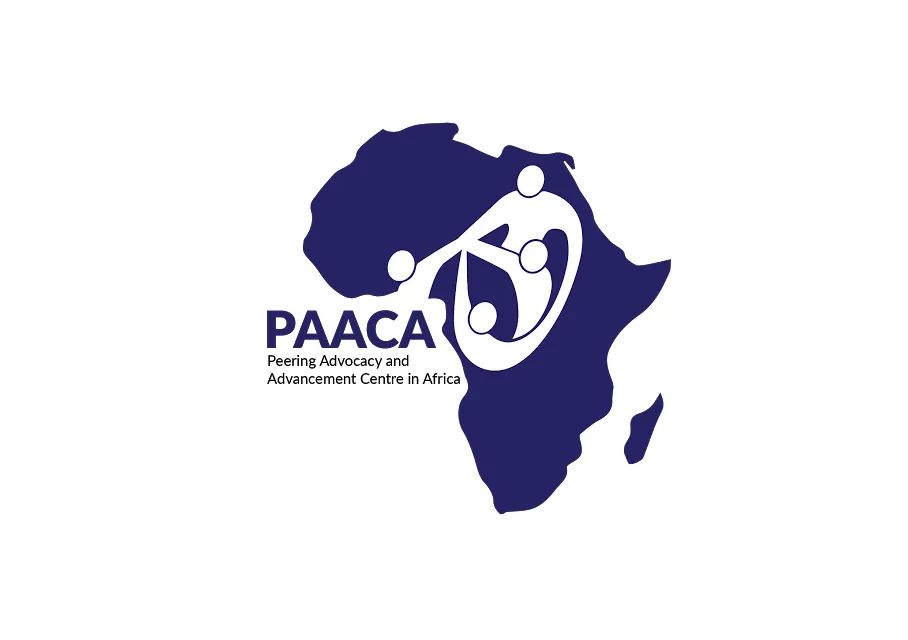482
By Tracy Moses
The Executive Director, Peering Advocacy and Advancement in Africa (PAACA), Mr. Ezenwa Nwagwu, has urged federal lawmakers to take decisive steps in its ongoing review of the Electoral Act 2022, stressing that only bold reforms can rebuild public trust in Nigeria’s electoral system.
Speaking on Friday in an exclusive interview with Pointblanknews.com, Nwagwu explained that while the Electoral Act 2022 was a major improvement at the time of its passage, the 2023 general elections revealed significant gaps that must now be addressed.
“The Electoral Act 2022 was only a year old when it became the legal instrument for conducting the 2023 elections. We are a people in a hurry to get results from a process that is not a hundred meters dash but a marathon,” he said.
He noted that the most controversial aspect of the last elections was not the law itself but the understanding, or lack of it, of the technologies deployed, particularly the Bimodal Voter Accreditation System (BVAS) and the INEC Result Viewing Portal (IReV).
“Clearly, the BVAS performed optimally in accrediting voters,” Nwagwu said. “The glitch experienced in the upload of results in the presidential election raised unnecessary dust over the usefulness of the IReV.”
According to him, the controversy surrounding IReV was a direct consequence of public expectations clashing with the absence of precise legal backing. He proposed that future reforms should establish a collation portal, rather than just a viewing platform, to enable the real-time electronic collation of polling unit results.
“This would complement the paper results already distributed to police and party agents and help eliminate doubts about manipulation at collation centers,” he emphasized.
Beyond technology, Nwagwu observed that other provisions of the Act also require urgent attention. Sections 60 and 64, which govern the collation and transmission of results, remain ambiguous and fueled controversy over whether INEC was obligated to transmit results electronically in real time. Likewise, Section 51, which empowers INEC to cancel elections in areas affected by violence or over-voting, has been criticized as vague and open to abuse.
He also pointed to the absence of provisions for greater inclusivity. The law, he said, does not explicitly allow for diaspora voting, early voting for essential workers and security personnel, or special voting for inmates in correctional centers, gaps that must be filled if Nigeria is to deepen citizen participation in elections.
For the National Assembly, Nwagwu said, the challenge is clear but demanding. “The National Assembly’s task is cut out for it. It has to continue to expand the democratic space by considering reserved seats for women, early voting for election workers, security agents, and civic actors, as well as special voting for inmates in correctional centers,” he stated.
He further stressed that lawmakers must seize the opportunity of the review to strengthen Nigeria’s democracy, not merely by tinkering with technology but by enshrining fairness and inclusivity.
While acknowledging the central role of parliament, Nwagwu cautioned that the responsibility for safeguarding Nigeria’s electoral integrity does not rest with lawmakers alone.
“Finally, all stakeholders have the responsibility to work to increase, not just restore, confidence in the electoral process,” he stressed.



